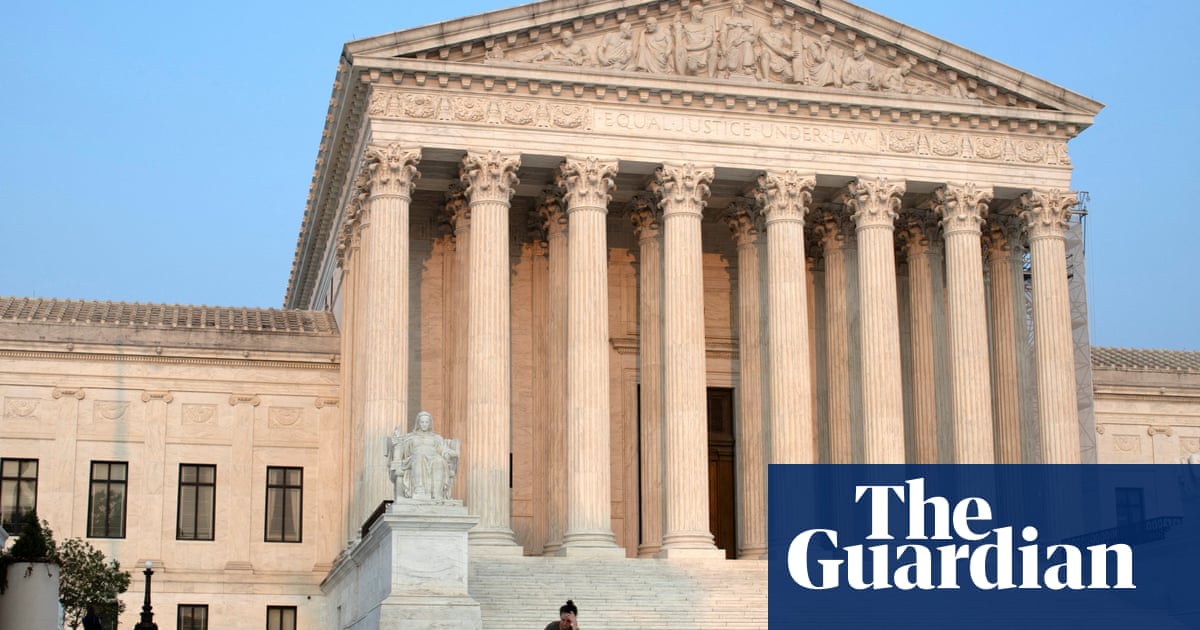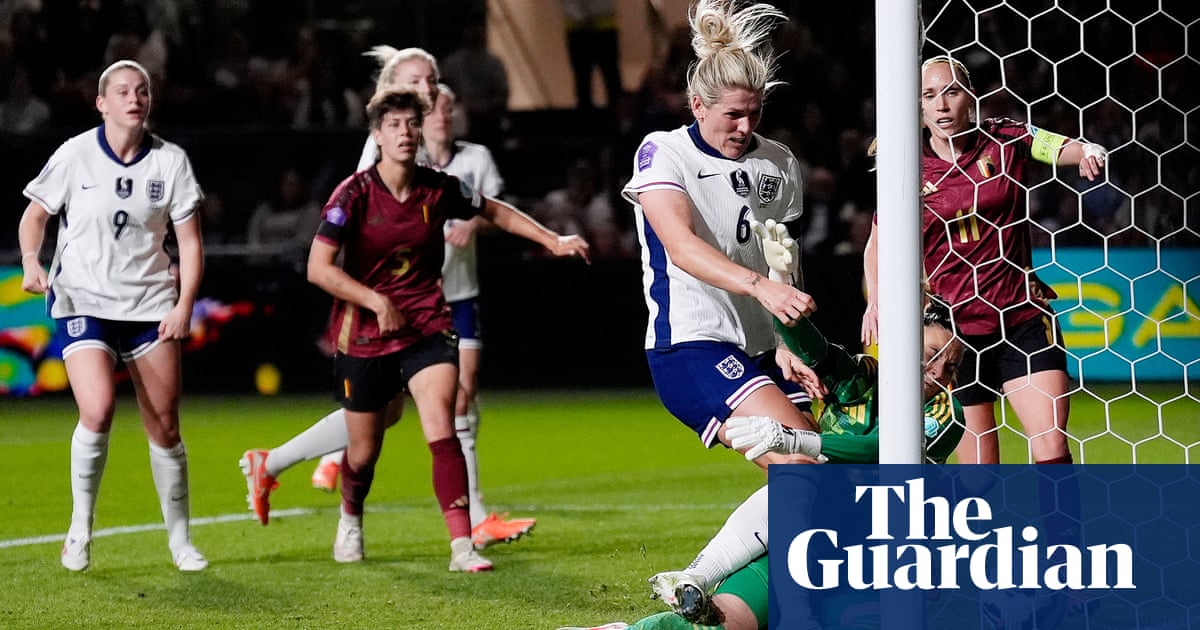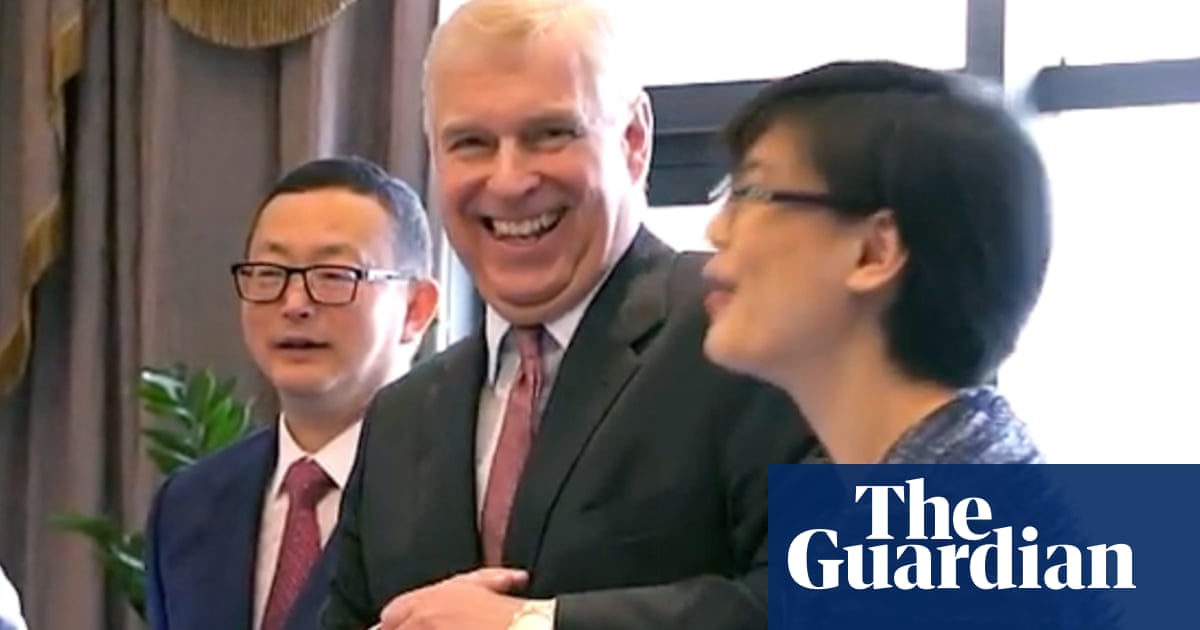Keir Starmer’s latest “milestone” for the economy is growth that can be “felt in people’s pockets”. News that inflation hit 2.6% in November, and is heading in the wrong direction, underlined just how far there is to go.
The latest inflation data extinguished any lingering expectations of a rate cut this week – and there were some worrying signs in the detail for policymakers that could result in borrowing costs being on hold for some time to come.
Transport was a key contributor to the increase in consumer price inflation – the Bank of England’s targeted measure – with the price of a litre of petrol up by 0.8p a litre to 134.8p.
But while they have little control over global energy prices, the Bank’s rate-setters are likely to be more concerned at the increase in core inflation. This measure, which excludes volatile food and fuel prices, continues to rise – up 3.5%, from 3.3% in October.
The Office for National Statistics highlighted recreation and culture as a factor here: including “cultural services” such as theatre and gig tickets, and “games, toys and hobbies”, including video games – suggesting consumers are continuing to pay eye-watering prices for a night out – or in.
The monetary policy committee will worry that this evidence that the strong wage growth evident in Tuesday’s labour market data, while great news for the UK’s workers, is helping to put a floor under prices. Services prices overall were 5% higher than a year ago, the same growth rate as in October.
The wider measure of CPIH (consumer prices index including owner occupiers’ housing costs), which is not targeted by the Bank, includes housing costs and shows they are rising fast – with rents up a painful 7.6% in a year.
Economists expect inflation to continue rising into the new year. As Ian Stewart, of Deloitte, put it: “The big declines in inflation are behind us. Next year inflation is likely to run closer to 3% than to its 2% target. Wage growth of over 5% and a surge in government spending could keep inflation higher for longer.”
This picture will add to the fears of some policymakers that the “last mile” of the battle to tame runaway inflation can be especially difficult.
The prime minister, speaking in Estonia, acknowledged that Labour has more to do to tackle the cost of living. “We need to go further. We’ve stabilised the economy with the budget, but that’s not the limits of my ambition,” he said, repeating his goal of achieving growth, that is, “felt in the pockets of working people”.
after newsletter promotion
Mortgage borrowers facing the end of a fixed-rate deal in the coming months may feel the opposite, with rates now likely to stay on hold at 4.75% for longer as inflation rebounds.
Thomas Pugh, at the audit firm RSM, suggested in the wake of November’s inflation data: “A rate cut in February has gone from a sure bet to a 50:50 chance.”
The balance of risks may start to look very different if – as some business groups have suggested – Rachel Reeves’s tax increases for business lead to widespread job cuts, accelerating the downturn already evident in the labour market.
But the impact of the £25bn rise in national insurance contributions is likely to remain unclear for some time, giving policymakers a tough challenge as we enter 2025.

.png) 3 months ago
31
3 months ago
31













































